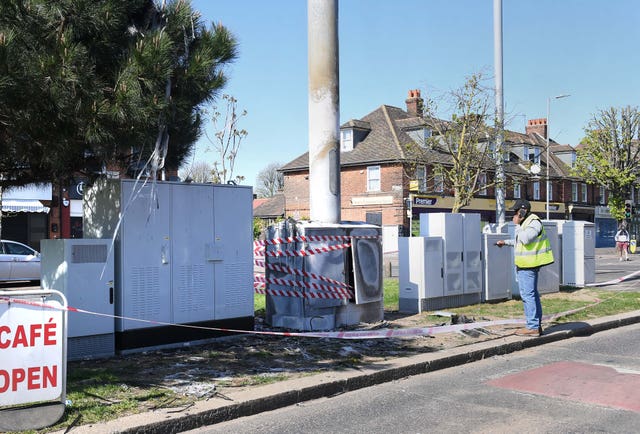Tech giants to face MPs’ questions over coronavirus disinformation
Facebook, Google and Twitter will appear before a virtual session of the DCMS Committee.

Tech giants Facebook, Google and Twitter are to face questions from MPs over the spread of coronavirus disinformation.
Senior executives from the three companies are to appear before the Digital, Culture, Media and Sport (DCMS) Committee next Thursday.
Social media and internet platforms have come under scrutiny over the ability of disinformation and false claims relating to Covid-19 to spread online.
The committee said it will ask the companies about the measures put in place to stop the spread of false narratives, including conspiracy theories around 5G being linked to the outbreak, and false Twitter accounts posing as NHS hospitals and staff.
The companies will be asked how they plan to slow the “infodemic” of false claims appearing online.
Earlier this week, Culture Secretary Oliver Dowden told the committee that the Cabinet Office was rebutting around 70 false narratives about the pandemic every week, as part of a cross-Government disinformation unit.
Mr Dowden praised social media companies for “how they have stepped up to the plate”, but said the DCMS had spoken to them about how they could “beef up” their systems, as well as addressing the speed of action and working out of hours.

“If misinformation is out there, you know it’s a bit of a cliche, but it can be round the world in moments, so the need to not sort of say, ‘we’ll look into this and come back to it’ … we need fast action to nip this kind of stuff in the bud.”
Social media and internet firms have taken some steps to try and curb the spread of disinformation – Facebook, Google and Twitter all direct users to official health guidance on Covid-19, while on Wednesday Twitter said it would start removing more posts on “unverified claims” around the pandemic.
The new action would include any posts which encouraged people to take action against 5G masts, with Twitter confirming it would be focusing on accounts inciting the public to engage in harmful activity which “could lead to the destruction or damage of critical 5G infrastructure, or could lead to widespread panic, social unrest, or large-scale disorder”.
It comes amid a spate of mast vandalism attacks across the country, driven by unproven conspiracy theories linking 5G to coronavirus shared on social media.
Facebook-owned WhatsApp also recently announced a limiting of its message forwarding feature in an effort to make it harder for disinformation to spread on the platform.





